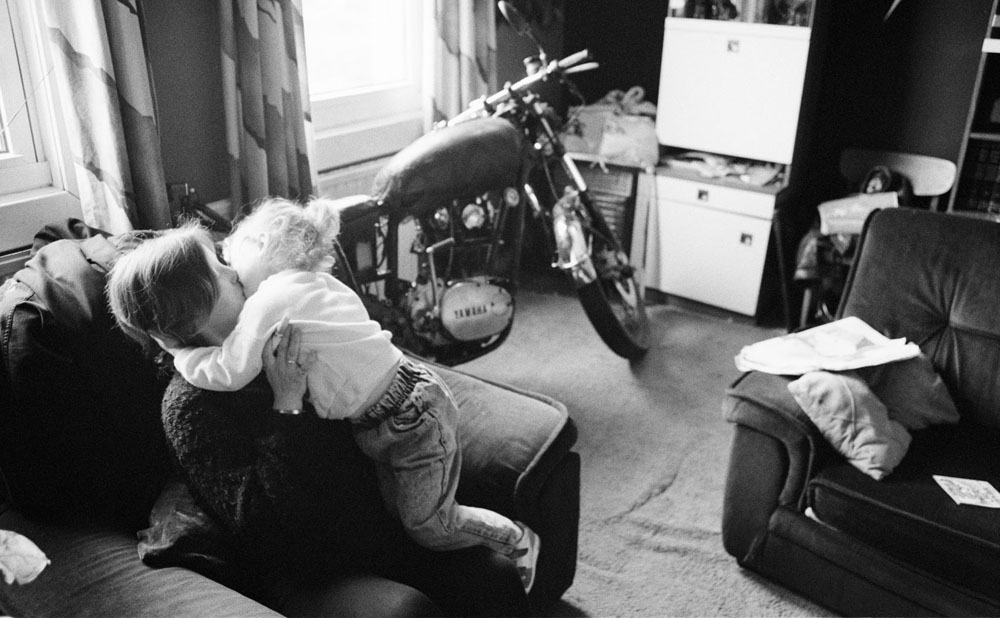‘Families are important. They are the most important relationships we have. It is all too easy to idealise an image of family life; to set it up as a domestic utopia to which we should aspire. But the truth is that, as human beings, it is our imperfections that make us who we are. How we manage our imperfections, how we rise above them or are held down by them – this is the reality of living. Families are created and held together in the constant negotiation of imperfection: imperfect individuals in imperfect circumstances. The strength of a family is not measured in its degree of perfection but in the depth of its relationships; not in its successes but in its struggles shared.
This is particularly true for those in the lowest social and economic communities. Those, who live precarious lives, making do on inadequate income in turbulent neighbourhoods. Neighbourhoods that are all too often an amalgam of the best and worst: solidarity and violence; generosity and theft; warm hearts and cold houses.
Spanning three decades and three generations, the photographs of Margaret Mitchell are set against that troubled wider context. The homes here are located on some of the poorest housing estates in the city of Stirling in Scotland. Government statistics for housing, health, employment and social problems across the country consistently score these estates in the worst five to ten per cent for multiple deprivation.
That is the context: the challenge of an imperfect life. But it is people that are at the heart of Margaret Mitchell’s images and the focus is on those better human qualities of solidarity, generosity and warm-heartedness. These are families the photographer knows well because they are her brother and sister, her nephew and nieces, and their children. She began this extended series of environmental portraits when she returned from a period working overseas. An insider coming back from the outside, she saw the families with fresh eyes and a familiar heart. Her evolving approach of environmental portraiture sets each study of familial domesticity in its context; honestly, bravely, but never seeking to sensationalise the complexity of each individual life.’
Introduction from Alasdair Foster (Talking Pictures) 3rd April 2021
Image © Margaret Mitchell ‘Living Room’ [detail] 1991

